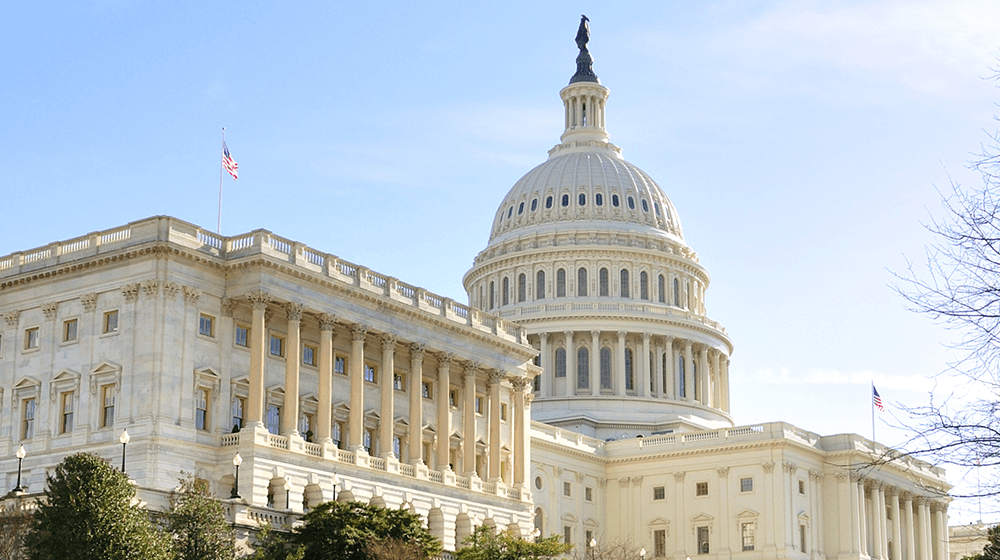- Build Back Better Act includes several U.S. Small Business Administration initiatives, including one allowing the agency to make direct loans through the 7(a) program
- Proponents say the expanded ability will help close gaps in capital access and help underserved entrepreneurs
- The provision has received pushback from Republicans and banking groups, who argue that it is less efficient than private lending and more vulnerable to fraud
Summary by Dirk Langeveld
A proposal to expand the U.S. Small Business Administration’s direct lending capabilities is facing stiff resistance from banking groups. Meanwhile, proponents of the measure say it will help improve capital access for underserved entrepreneurs.
The Build Back Better Act, which passed the House in a 220-213 vote on Nov. 19 and is currently before the Senate, provides funding for numerous social policy and environmental initiatives. However, it also supports several initiatives to strengthen the SBA and resources for small businesses.
The direct lending initiative authorizes the SBA to originate and disburse direct loans to small business concerns under its 7(a) loan program, including through third parties such as direct lending agents and financial agents. These loans would be capped at $150,000, or $1 million for small manufacturers or small government contractors.
The provision would also allow the SBA to charge fees to cover the processes involved in the loan, such as underwriting and servicing, or to pay third parties for these services. If direct lending is approved, the SBA will have 90 days to issue interim rules related to underwriting and other criteria, as well as rules for the reasonable assurance of repayment.
Currently, the SBA only offers direct loans for disaster assistance, although these capabilities were expanded to offer financial relief to businesses during the COVID-19 pandemic. The 7(a) program, the SBA’s primary vehicle for providing financial assistance to small businesses, partners with lenders and helps minimize risk by guaranteeing up to 85 percent of loans up to $150,000 or 75 percent of loans greater than $150,000, up to $5 million.
The Biden administration and SBA Administrator Isabella Casillas Guzman have focused on improving equitable access to capital, and supporters of direct lending say the measure supports this goal. Nydia Valezquez, chairman of the House Small Business Committee, previously said that 7(a) loans under $150,000 have decreased by 53 percent over the past five years.
Valezquez said direct lending will help provide underrepresented entrepreneurs with the funds necessary to start or expand a business. Guzman made a similar assertion during testimony before Congress last month.
Reform the SBA, an organization advocating for an expansion of the agency’s mission, authority, and resources, also voiced its support for direct lending. The group suggests that the average startup loan is about $10,000, but that commercial lenders are often unwilling to make such loans due to their perceived risk and because they only result in a minor profit for the lender. It says capital access is further constrained by the shrinking number of commercial banks in the United States.
Republicans on the House Small Business Committee have pushed back on direct lending, with all members supporting legislation introduced by Rep. Blaine Luetkemeyer of Missouri to bar the SBA from making direct loans under the 7(a) program. Luetkemeyer asserts that private lenders are more efficient than the SBA and offer better protections against fraud.
“The 7(a) program is a valuable tool for small businesses, and it is our duty to protect the integrity this program,” he said. “Any attempt to expand the SBA’s direct lending capabilities recklessly drives out private sector competition and limits the specific efficiencies that only the private sector lenders can provide. This is yet another example of the Democrats’ massive federal government power grab, and it must be stopped.”
Several financial groups issued a letter supporting the legislation, including the American Bankers Association, Bank Policy Institute, Consumer Bankers Association, Credit Union National Association, Independent Community Bankers of America, and National Association of Federally Insured Credit Unions.
The groups argue that direct lending will “undermine existing successful public-private partnership SBA loan programs while potentially limiting access to capital for those smallest of the small businesses due to increased complexity.” They argue that a better alternative would be to take steps such as providing additional funding to the 7(a) program, expanding the existing pool of SBA lenders, providing greater education to small business owners, and focusing resources on reducing wait times on applications.
Banking groups have also raised concerns with the time period provided for the SBA to develop direct lending rules and accused the SBA’s previous direct lending efforts, including the COVID Economic Disaster Injury Loan program, as being ineffective and vulnerable to fraud.
Rebeca Romero Rainey, president and CEO of the Independent Community Bankers of America, said community banks are “prolific 7(a) lenders” representing about 60 percent of SBA loans. She said direct lending would compete with 7(a) loans issued through private sector partners, diminishing participation in the program. She recommended that lawmakers update the program’s federal credit subsidy rate to better reflect its low default rate and minimize disruptions to the program.
The Credit Union National Association argued that the existing 7(a) program framework is an effective way to help entrepreneurs access capital as well as other useful resources.
“This public private partnership works as borrowers can obtain loans from financial institutions that they know well and that have vested interests in their borrowers’ success,” the group declared in a letter. “Furthermore, when working with local lenders, small businesses are likely to benefit from guidance and experience from a lender with a stake in helping the borrowing business succeed.”








